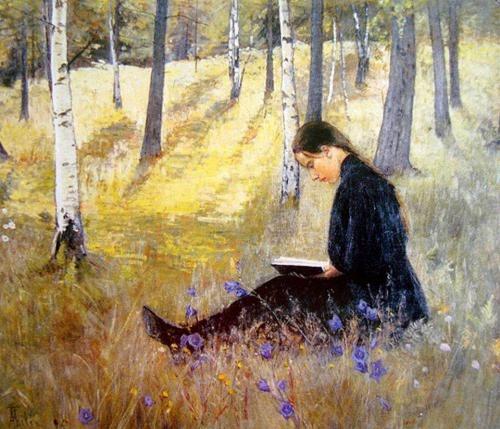Renaissance Poetry - Tumblr Posts
Ah, now this was easier to find because this sonnet & Sonnet 130 are probably the most popular Shakespearean sonnets. This is just the actual sonnet, though. I'll have to look for an analysis of this sonnet somewhere else. 😕 Still, this is a good resource that you can refer to if you don't have a physical copy readily available.
Sonnet XVIII

Shall I compare thee to a summer’s day ?
Thou art more lovely and more temperate.
Rough winds do shake the darling buds of May,
And summer’s lease hath all too short a date.
Sometime too hot the eye of heaven shines,
And often is his gold complexion dimmed ;
And every fair from fair sometime declines,
By chance, or nature’s changing course, untrimmed ;
But thy eternal summer shall not fade,
Nor lose possession of that fair thou ow’st,
Nor shall death brag thou wand’rest in his shade,
When in eternal lines to time thou grow’st.
So long as men can breathe or eyes can see,
So long lives this, and this gives life to thee.
The text of Sonnet 130 by William Shakespeare. Tbh, these two sonnets are actually very easy to study. If you can write a decent answer, you'll score well. I just hope I'll get a question about either of these two Shakespearean sonnets I just posted. 🤞🤞
Sonnet CXXX

My mistress’ eyes are nothing like the sun ;
Coral is far more red than her lips’ red ;
If snow be white, why then her breasts are dun ;
If hairs be wires, black wires grow on her head.
I have seen roses damasked, red and white,
But no such roses see I in her cheeks,
And in some perfumes is there more delight
Than in the breath that from my mistress reeks.
I love to hear her speak, yet well I know
That music hath a far more pleasing sound.
I grant I never saw a goddess go ;
My mistress when she walks treads on the ground.
And yet, by heaven, I think my love as rare
As any she belied with false compare.
Text of Sonnet 75 of the Amoretti sonnet sequence by Edmund Spenser. You can also listen to Susan Sarandon reading this sonnet if you visit the link above! A critical analysis of this sonnet can be found here .
“Amoretti: Sonnet 75” by Edmund Spenser (read by Susan Sarandon)
One day I wrote her name upon the strand, But came the waves and washed it away: Again I wrote it with a second hand, But came the tide, and made my pains his prey.
“Vain man,” said she, “that dost in vain assay, A mortal thing so to immortalize; For I myself shall like to this decay, And eke my name be wiped out likewise.”
“Not so,” (quod I) “let baser things devise To die in dust, but you shall live by fame: My verse your vertues rare shall eternize, And in the heavens write your glorious name:
Where whenas death shall all the world subdue, Our love shall live, and later life renew.”
Source: The Poets’ Corner
